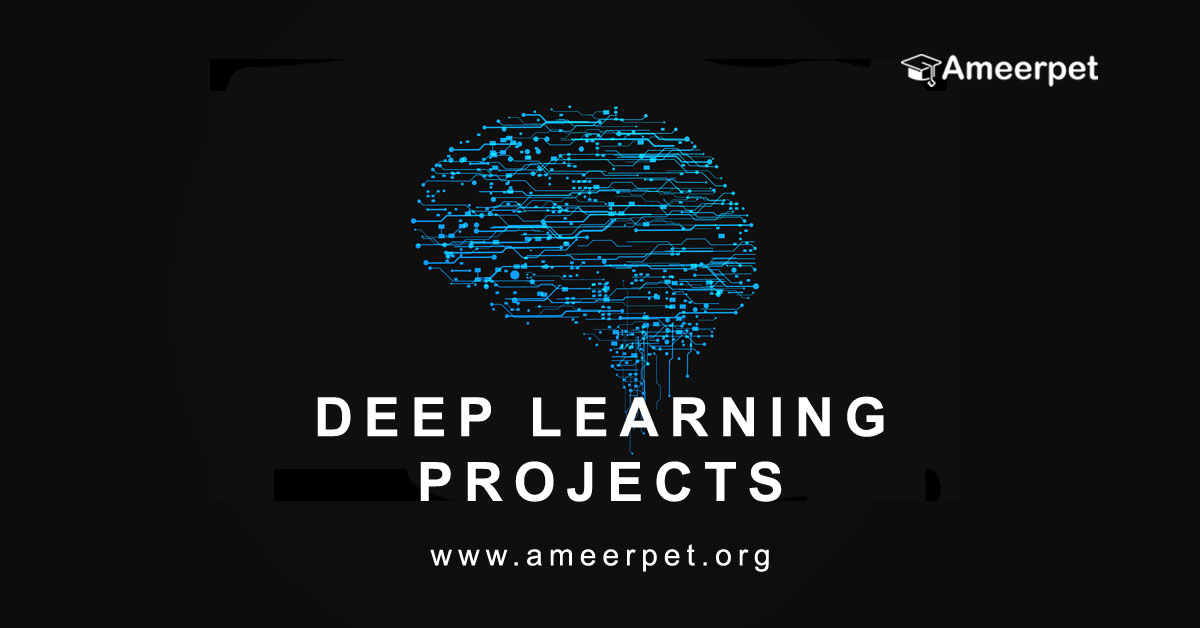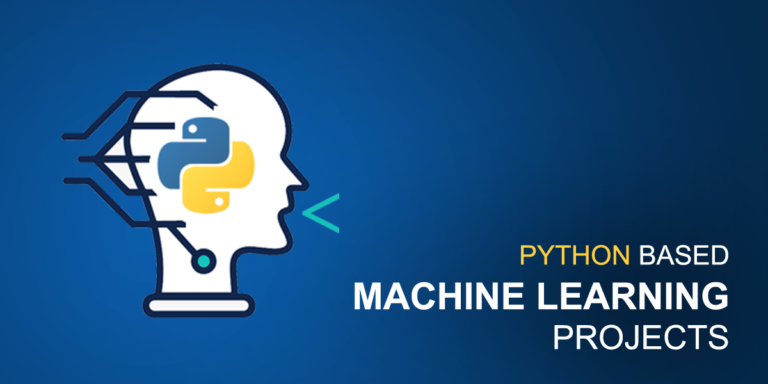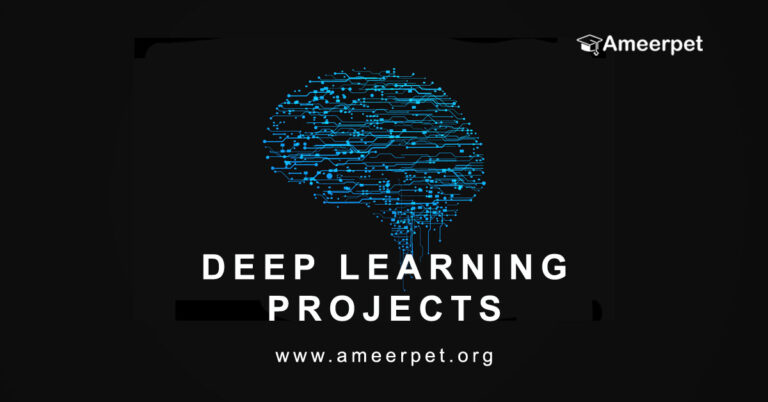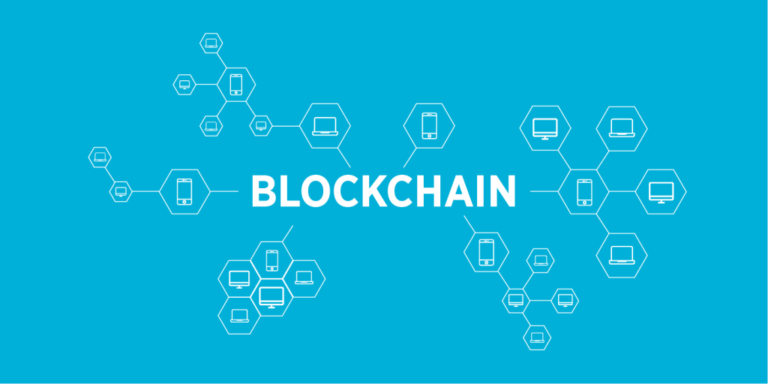
Abstract:
Extreme low-light visibility enhancement is difficult. Due to low SNR, image denoising methods may fail in near-darkness. In this paper, we study CMOS photosensor imaging pipeline noise statistics and develop a comprehensive noise model that accurately characterizes real noise structures. Our novel model considers digital camera electronics noise, which is ignored by existing methods but affects raw measurement in the dark. It decouples the complex noise structure into physical statistical distributions. Our noise model generates realistic training data for learning-based low-light denoising algorithms. Recently, deep convolutional neural networks have shown promising results, but they require abundant noisy-clean image pairs for training, which are hard to come by. Generalizing their trained models to new device images is also difficult. Extensive experiments on multiple low-light denoising datasets—including a newly collected one in this work covering various devices—show that a deep neural network trained with our proposed noise formation model can achieve surprising accuracy. The results match or outperform training with paired real data, opening the door to real-world extreme low-light photography.
Note: Please discuss with our team before submitting this abstract to the college. This Abstract or Synopsis varies based on student project requirements.
Did you like this final year project?
To download this project Code with thesis report and project training... Click Here


